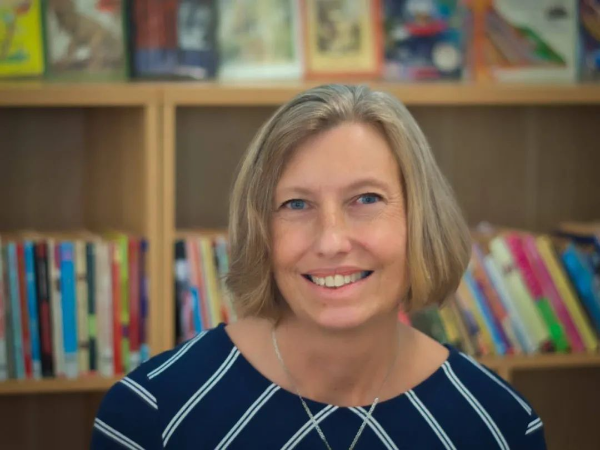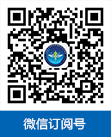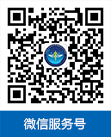【ShenzhenDaily】Expat | Living an active life while managing cancer in Shenzhen
"CAN I still work?" That was the very first question I asked my doctor after she gave me my lung cancer diagnosis. I was in disbelief, because I didn’t have any symptoms or feel sickly. After I dried my eyes, the doctor told me that although my condition was not curable, remission was highly possible and that I could live an active life while receiving treatment.
My husband and I are American teachers who have been living and working in China for nine years. I am happy, healthy, and still teaching full time today. I chose to get my cancer treatment in China, because I truly love what I do, and I am not going to let a cancer diagnosis stop me from living a full, healthy life.
I would never have received the diagnosis that saved my life, if my school [in Shenzhen] had not offered teachers an annual physical. I was told to pick up my results in person from the clinic. We stopped by the clinic on our way to the airport last June to fly out for summer vacation. That was when the doctor gave me a CT scan, showing a suspicious shadow in my lung. The next several weeks involved getting more scans and a biopsy in the U.S., where we were visiting family.

Danielle Arvesen
In recent years, cancer treatment has become much more sophisticated and targeted. The tissues from my biopsy were carefully analyzed, not just to see if they were cancerous, but to run the genome test and see what specific mutations were involved in my tumors. My lab results showed a 90+% response to immunotherapy.
Unlike the sometimes-brutal treatments of the past, immunotherapy involves ramping up my body’s own immune system so that it attacks the cancer cells. Once every three weeks, I go in to the clinic for an IV infusion lasting less than an hour. Side effects are mild and look like a cold: runny nose, body aches, maybe a low fever. After a few days, everything is back to normal.
I had hoped to get my diagnosis in America and start treatment in China. However, my U.S. doctor said I needed to start right away and complete a certain number of treatments to ensure that things were working. I was eager to return to my normal life and sorry to hear that it would be November before I could fly back to China. I reluctantly called my bosses and let them know I would not be back in time for the start of the school year. They were very supportive and said there would be plenty of teaching to do when I did return.
I decided to take action and find an English-speaking oncologist to work with in Shenzhen. Why Shenzhen? It’s a world technology hub, with the medical and educational infrastructure to support cutting-edge treatments. With its many hospitals and international businesses, I was confident Shenzhen would enable me to access the care I needed while continuing to work and live a normal life.
A good friend recommended Dr. Todd Li, at Distinct Clinic, who had been treating her for a number of years. I contacted him and he agreed to work with me and my U.S. oncologist. He was able to confirm that the treatments I was getting in the U.S. were also available in China.
My November scan showed my treatments were working. I celebrated the American Thanksgiving holiday by flying back to China to report back to work as a full-time teacher.
In Shenzhen I have continued my immunotherapy treatments and recently received high-tech SBRT radiation therapy at the Chinese Academy of Medical Sciences Shenzhen Cancer Hospital.
Today, it is possible for many incurable cancers to be managed as chronic diseases, just as people with diabetes or arthritis lead normal lives while receiving ongoing treatment. And that has been my experience. In fact, I am more active than before, and have taken up cycling, running and hiking since I started treatment.
My care in China has been outstanding. American doctors are often pressed for time, but in China they are able to give patients more individual attention. All of the Shenzhen doctors I have worked with are very knowledgeable and up-to-date on the latest developments in cancer treatment.
But more than that, they are all kind people who really care about me. I am grateful, because their work has enabled me to wake up each day healthy and strong, focused on helping my students and living my life.



 当前位置 :
当前位置 : 

